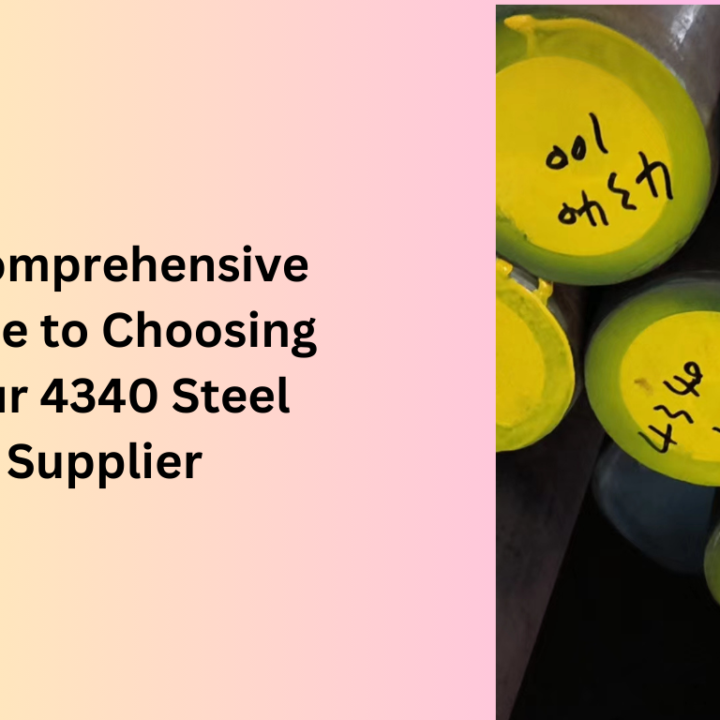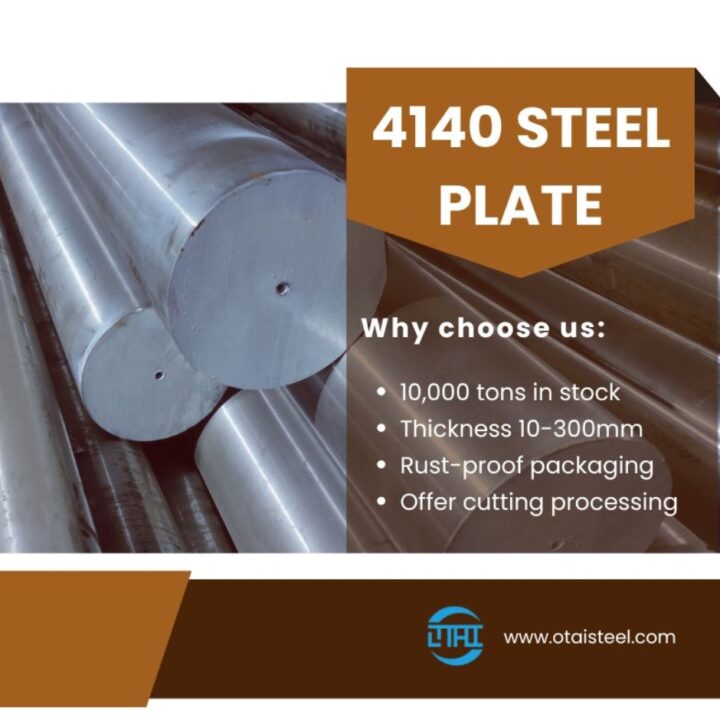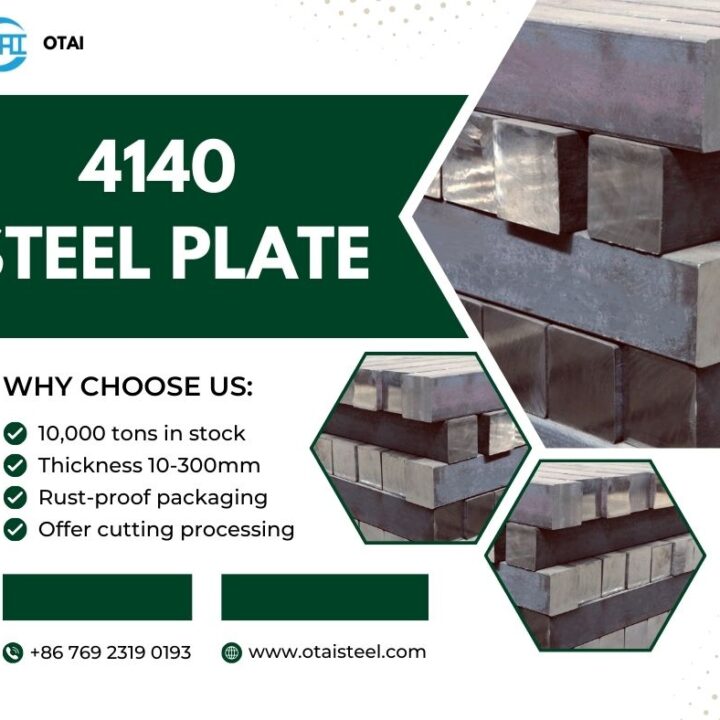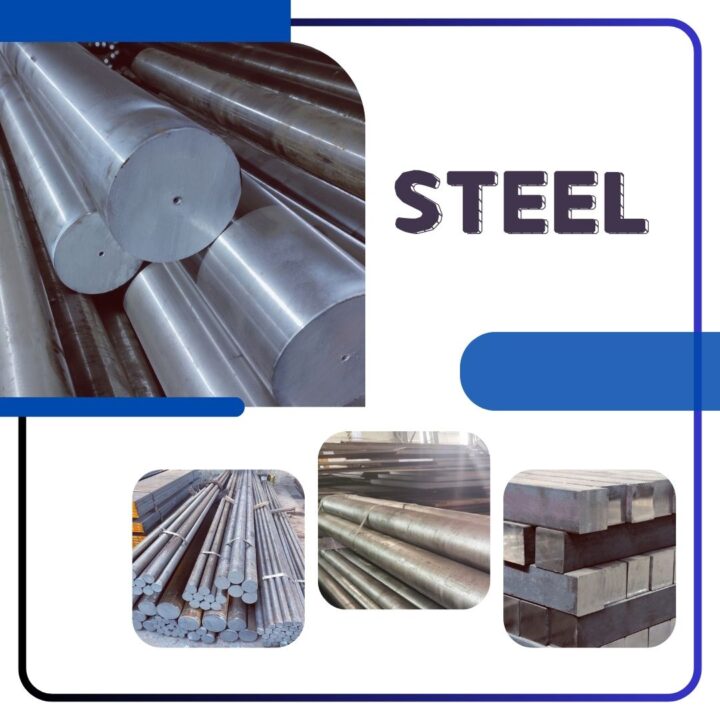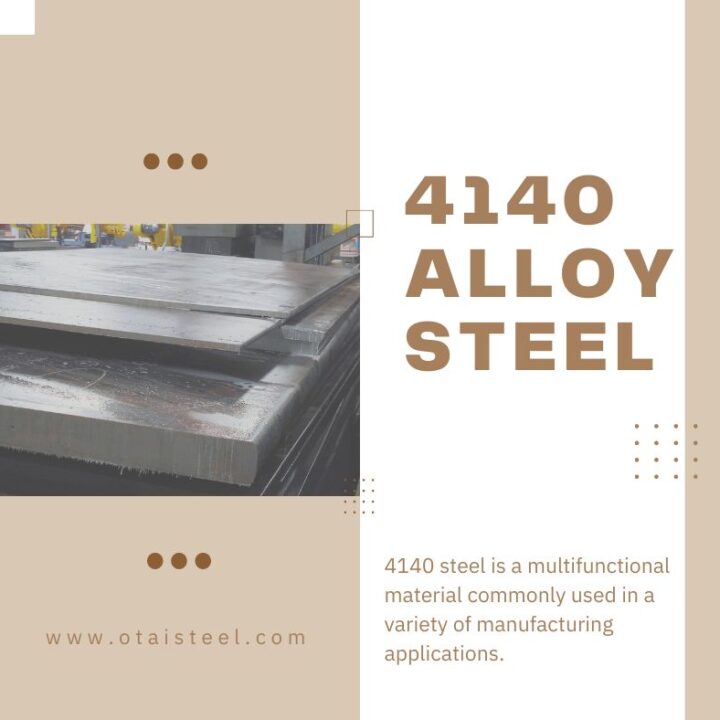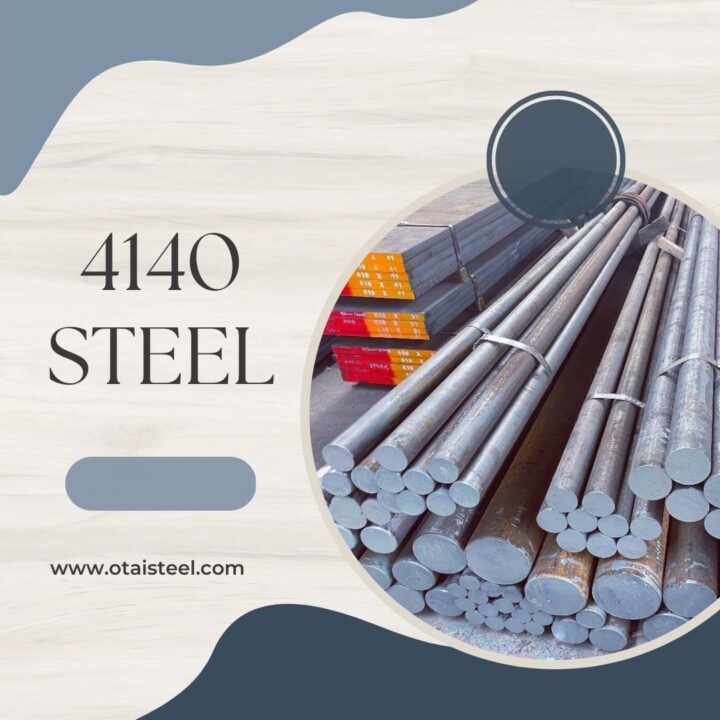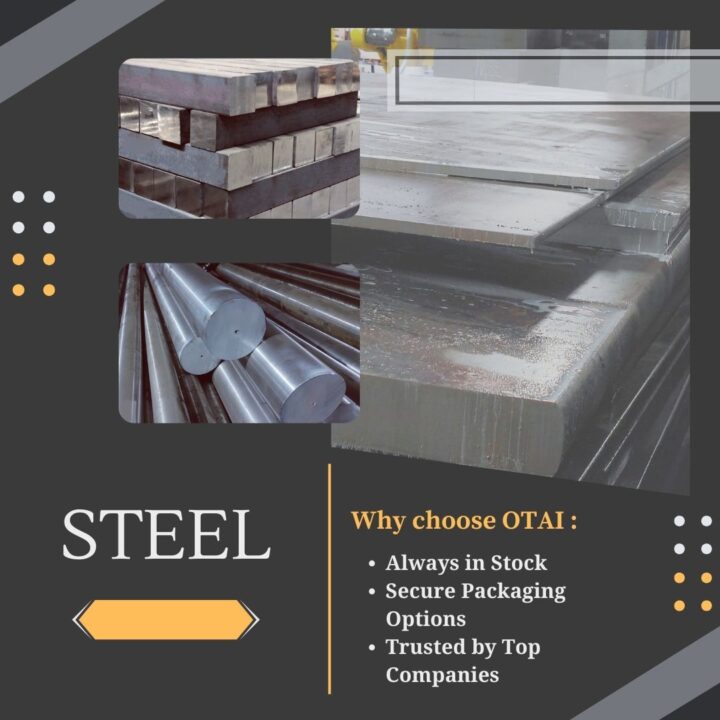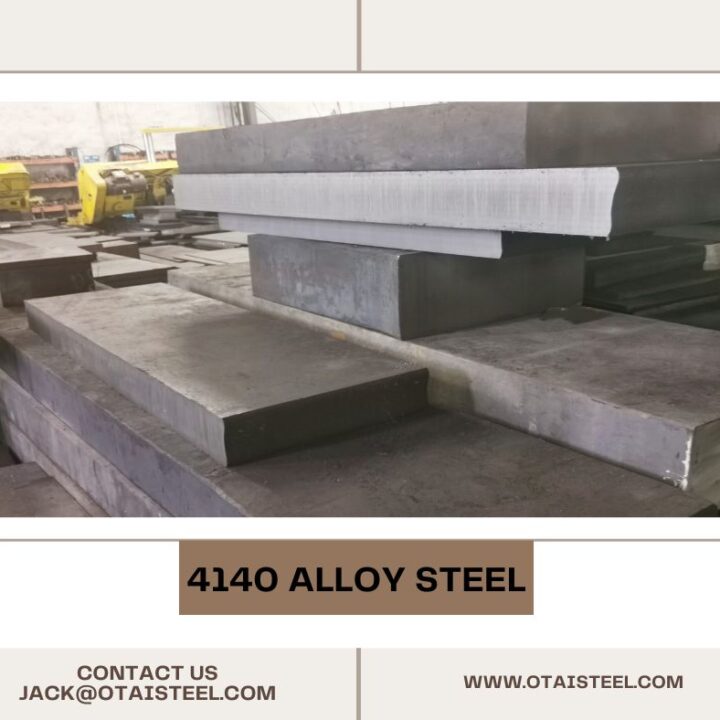In the realm of power transmission systems, the choice of materials plays a crucial role in ensuring optimal performance and durability. One such material that has gained significant recognition is 4140 steel. Renowned for its exceptional mechanical properties, 4140 steel has become a popular choice for manufacturing gears used in power transmission systems.
Gears in Power Transmission Systems
Gears are fundamental components in power transmission systems, enabling the transfer of rotational motion and torque between shafts. They find applications in various industries, such as automotive, aerospace, and industrial machinery. Gears are subjected to immense forces and must endure rigorous operating conditions. Therefore, selecting the right material for gear manufacturing is crucial to ensure reliable and efficient performance.
Importance of Material Selection for Gears
The choice of material for gears significantly impacts their performance and longevity. Factors such as strength, toughness, wear resistance, and fatigue resistance are critical considerations. By selecting a material with appropriate properties, manufacturers can ensure that gears can withstand the demanding operating conditions and minimize the risk of premature failure.
Advantages of 4140 steel in the manufacturing of gears
The use of 4140 steel in gear manufacturing offers several advantages. Firstly, its high strength and toughness allow gears to handle heavy loads and resist deformation. Secondly, its excellent wear resistance ensures prolonged gear life even under abrasive conditions. Thirdly, the superior hardenability of 4140 steel enables precise control over the material’s hardness, resulting in gears with consistent performance. Moreover, 4140 steel exhibits good machinability, making it easier for manufacturers to shape and form gears with complex geometries.
Case Studies: Successful Applications of 4140 Steel Gears
Numerous successful applications showcase the effectiveness of 4140 steel gears in power transmission systems. For instance, in the automotive industry, 4140 steel gears have been employed in differential assemblies, where they endure high torque and shock loads. Similarly, in industrial machinery, 4140 steel gears have demonstrated their reliability and durability in heavy-duty gearboxes. These case studies highlight the suitability and performance of 4140 steel in demanding gear applications.
Challenges and Limitations of 4140 Steel Gears
While 4140 steel offers excellent properties for gear manufacturing, it also has certain challenges and limitations. One limitation is its susceptibility to corrosion, particularly in harsh environments. To mitigate this, manufacturers often utilize coatings or surface treatments to enhance the steel’s corrosion resistance. Additionally, due to its high hardenability, 4140 steel may require specialized heat treatment processes, which can add complexity to the manufacturing process. Therefore, careful consideration and expertise are necessary to overcome these challenges and optimize the performance of 4140 steel gears.
Future Trends and Innovations
As technology continues to advance, the future of gear manufacturing holds promising possibilities. Researchers and engineers are constantly exploring new materials and manufacturing techniques to enhance gear performance. In the case of 4140 steel gears, ongoing research aims to improve their corrosion resistance, develop more efficient heat treatment methods, and explore innovative alloy compositions that further enhance their mechanical properties. These future trends and innovations will contribute to the evolution of power transmission systems and drive advancements in gear technology.
As technology advances, the future holds exciting possibilities for further enhancing the performance of 4140 steel gears and revolutionizing gear manufacturing. (4140 steel in the manufacturing of gears)
